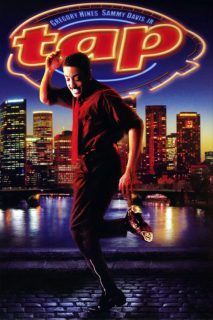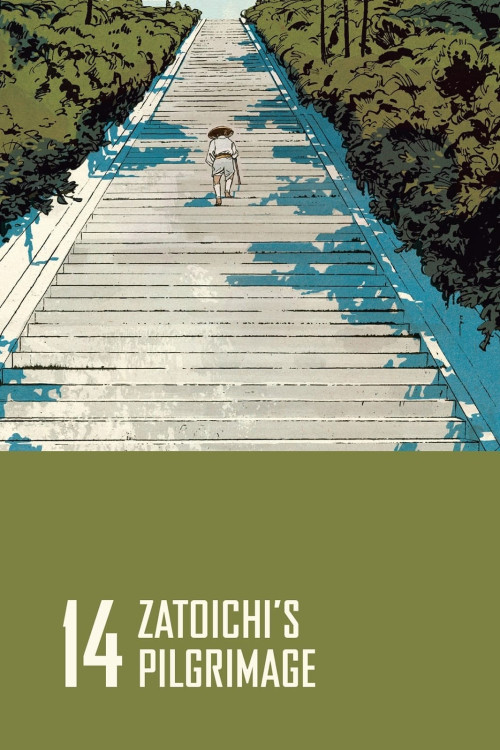
- Year: 1966
- Released: 13 Aug 1966
- Country: Japan
- Adwords: 1 nomination
- IMDb: https://www.imdb.com/title/tt0199905/
- Rotten Tomatoes: https://www.rottentomatoes.com/m/zatoichis_pilgrimage
- Metacritics:
- Available in: 720p, 1080p,
- Language: Japanese
- MPA Rating: Not Rated
- Genre: Action, Adventure, Drama
- Runtime: 82 min
- Writer: Kan Shimozawa, Kaneto Shindô
- Director: Kazuo Ikehiro
- Cast: Shintarô Katsu, Michiyo Yasuda, Kunie Tanaka
- Keywords: samurai, sequel, zatoichi,
 | 7.2/10 |
 | 70% – Critics |
 | 70% – Audience |
Zatoichi’s Pilgrimage Storyline
Ichi seeks out on a pilgrimage to 81 temples, exploring spirituality to atone for his bloody past. On the way, Ichi stumbles into a village that’s being bullied by a violent Yakuza boss and his henchmen. After killing a young, hired assassin, Ichi is led back to the young man’s village by his peculiar horse. Upon learning that her brother is dead, Okichi (Yasuda Michiyo) grabs a sword and attacks Ichi, either in an attempt to avenge her brother or in an attempt to commit suicide by forcing Ichi to defend himself. After injuring Ichi, Okichi tends to his wounds, nurses him back to health, and begins to have feelings for him. The Yakuza boss still wants Ichi dead in order to take over the village and now Ichi alone must deal with the boss and his gang, the young woman’s feelings and a village full of cowards, who will not stand up for themselves!—Jesus
Zatoichi’s Pilgrimage Photos
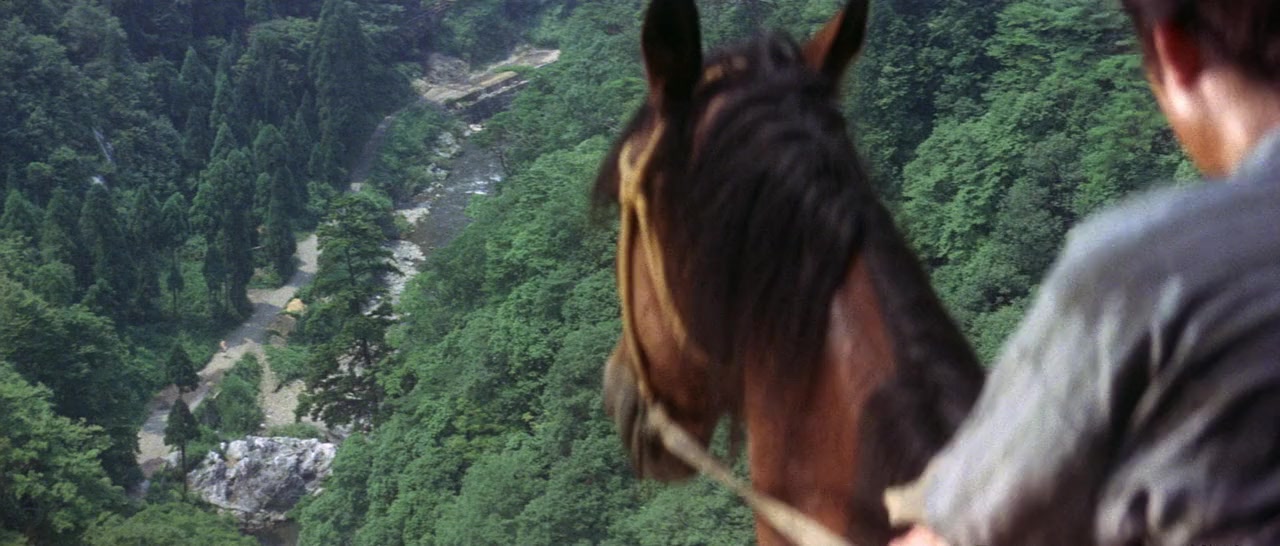
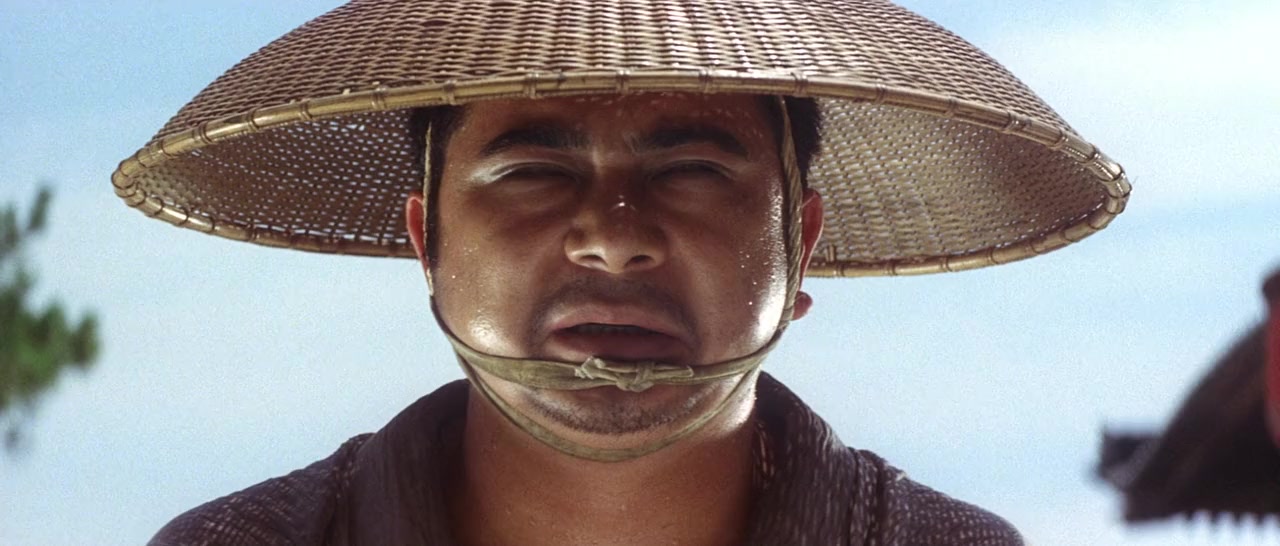
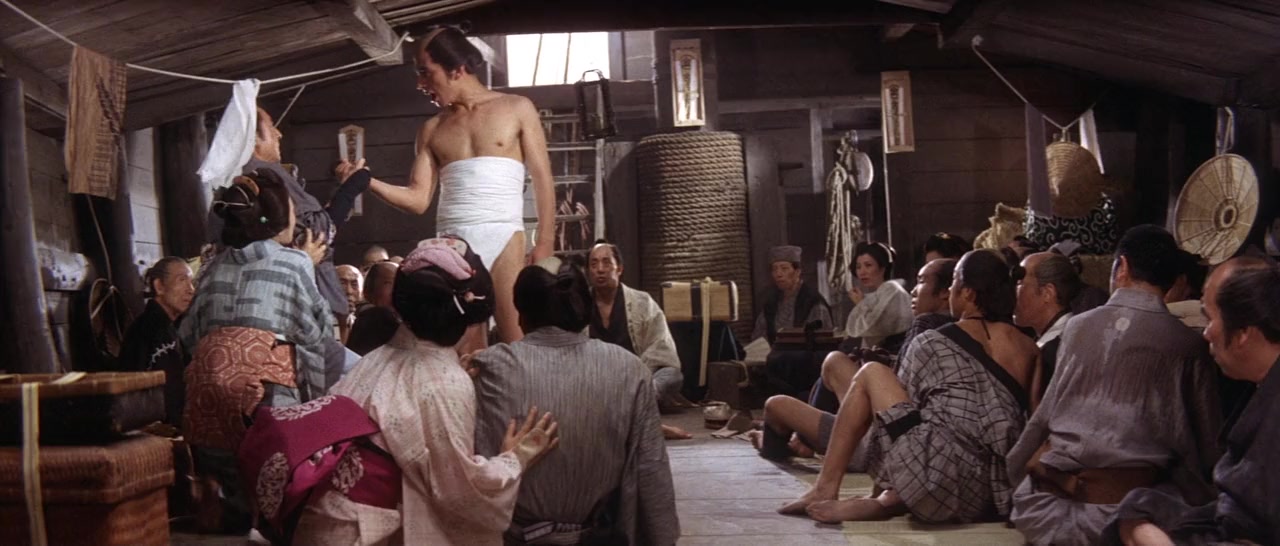
Zatoichi’s Pilgrimage Torrents Download
| 720p | bluray | 757.83 MB | magnet:?xt=urn:btih:C1AB31B141513BE803CAE31A80A7EF4CF3732B46 | |
| 1080p | bluray | 1.37 GB | magnet:?xt=urn:btih:469FAB1E9C2AD62232DD6521A279719635F69E95 |
Zatoichi’s Pilgrimage Subtitles Download
Zatoichi’s Pilgrimage Movie Reviews
A twist for Zatoichi fans
The general standard for Zatoichi films is fairly high – though you can expect the same motifs and themes from one movie to the next. Zatoichi’s Pilgrimage brings the series to a new level. Our blind swordsman (Kintaro Katsu) is troubled by his violent past, and vows to visit a circuit of shrines until the gods give him an answer to his spiritual quest. This quest brings him into contact with a group of brigands who all but rule the area, and he’s left with little choice but to reassess his spiritual quest.
The screenplay is especially intriguing. Zatoichi’s pilgrimage begins as a sea voyage, and the water theme repeatedly makes its way into the plot. In the hope of realizing his quest, a rider- less horse follows the blind swordsman to where he’s most needed – suggesting that Zatoichi may have already found his destiny. An assured storytelling makes this one of the more satisfying of the long series.
Hard to find title turns out to be one of the best in the Zatoichi series
This film is #14 of the Zatoichi series and distinguished itself from the other Zatoichi movies in that it had a lively and interesting storyline and some lessons behind it. This film also has a history of being hard to find in that it was not originally released for the English market in the United States until Criterion provided the complete collection. The screenplay is by Kaneto Shindo who is a well-respected filmmaker in his own right and did Onibaba. The eye-pleasing cinematography continues with a wider scope and panorama that was in #12 of the series Zatoichi and the Chess Expert. There are some beautiful natural scenes shot for the larger movie screen. The color is vibrant and attractive. It is directed by Kazuo Ikehiro who did two other Zatoichi movies and he didn’t disappoint with this one as the story breezes along.
The opening action sequence takes place on a boat where Zatoichi deals with a brazen pickpocket who challenges and beats the victim and those who witnessed it after being exposed for his crime. He was about to get away with until Zatoichi brought his own brand of justice. Next, we see Zatoichi climb many steps in order to get to a Shinto temple. There he prays to the Shinto spirits to atone for all the people he killed. He says when he set out he did not mean to kill anyone and to make amends he vows to make a pilgrimage to all 88 Shinto shrines. Zatoichi’s introspection follows from the previous two movies and #13 Zatoichi’s Vengeance where we see his brand of moral code is revealed.
It’s not long before violence meets the peace seeking Zatoichi. Zatoichi even allows himself to be cut by the sister of a man he killed in self-defense. The man Zatoichi killed was trying to kill him for the a bounty placed on his head. The horse the bounty hunter was riding takes him to a village in a curious scene. This is supposed to be the spirits telling him to go there. Zatoichi would have to put his quest for peace and meditation on hold. When one’s new friend, Kichi, the sister of the bounty hunter he killed, and the unarmed farmers are being bullied by the bad, then it is time to take military action.
Besides Zatoichi developing his personal code of ethics, he faces a dilemma in taking the side of the farmers in his battle against a powerful country yakuza. If there ever was a vicious tyrant that Zatoichi is to face, Boss Tohachi, played by Isao Yamagata, is the one. Zatoichi wants the farmers to help him fight the well equipped gang, but they decide to hide in their homes and let Zatoichi go at it alone for them. If Zatoichi gets killed, then they figure they can negotiate with Boss Tohachi. Zatoichi faces a moral dilemma between helping his new friend Michiko and helping selfish farmers who won’t even stand up and fight to rule their own lands. Kichi, who has fallen in love with Zatoichi, wants him to leave so he won’t get hurt or killed. It is one solution to his dilemma if Zatoichi did leave, but he stays to fight by himself. It’s part of his code. He stands in the middle of the town road while the country yakuza face him on the opposite side reminiscent of High Noon. The fighting scenes are well choreographed and overall this makes for an interesting addition to the Zatoichi series. The extra money that was put in to hire better writers, directors, and film crew definitely show up in the end product.
Pretty good–and some interesting moral lessons for Ichi
This film starts off in a boat. The passengers are all listening to a man telling a story as Zatoichi sits there eating. Suddenly, the boat lurches and in the confusion a man has his wallet stolen. Oddly, instead of being contrite, when the thief is caught, he’s brazen and abusive–leading Zatoichi to handle it himself and in a most memorable fashion.
Ichi then makes a pilgrimage to the temple in order to try to get the gods’ assistance. He’s tired of all the killing (a familiar theme in these films) and wants their help in taking away the necessity to kill. Naturally, however, within a very short time, a guy naturally approaches him and tries to kill him. And, natu It’s as if the gods are sending him a message that he is an instrument of death and cannot avoid this fate. rally the man is soon dead. As often happens when Zatoichi kills these lone attackers in other films, he makes it a point to tell the family of the dead man that he was dead. However, in this case, the sister of the dead man stabs Ichi for his trouble! And, in keeping with his prayer to the gods, Ichi just stands there and takes it. His stoicism shocks her and she immediately begs for forgiveness for her actions. In fact, throughout the rest of the film, she is his #1 fan.
You find out that her brother attacked Zatoichi because the local boss ordered him to do this. The boss, it turns out, really didn’t hate Ichi but wanted the brother killed–so he sent him on an impossible task to get rid of him (nice guy). It’s obvious at this point that eventually the boss and Zatoichi will have a showdown by the end of the film.
What happens in the interim is interesting. The farmers who are being threatened by the evil boss take a rather pragmatic but evil attitude. According to the ever-smiling Gonbei, let Ichi and the boss fight it out–if the boss dies, wonderful; if Ichi dies, then they aren’t out anything! So, by the end when the boss and dozens of his retainers attack, the locals just sit back and watch–which says a lot about human nature. It also challenges Zatoichi–letting him know that perhaps a good man being forced to kill IS morally superior to supposedly good men who sit back and do nothing.
While this is a very familiar type of film (such as the lady falling in love with him, the evil local boss, etc.), it’s done very well and the moral questions make it stand out from the usual film in this series.

